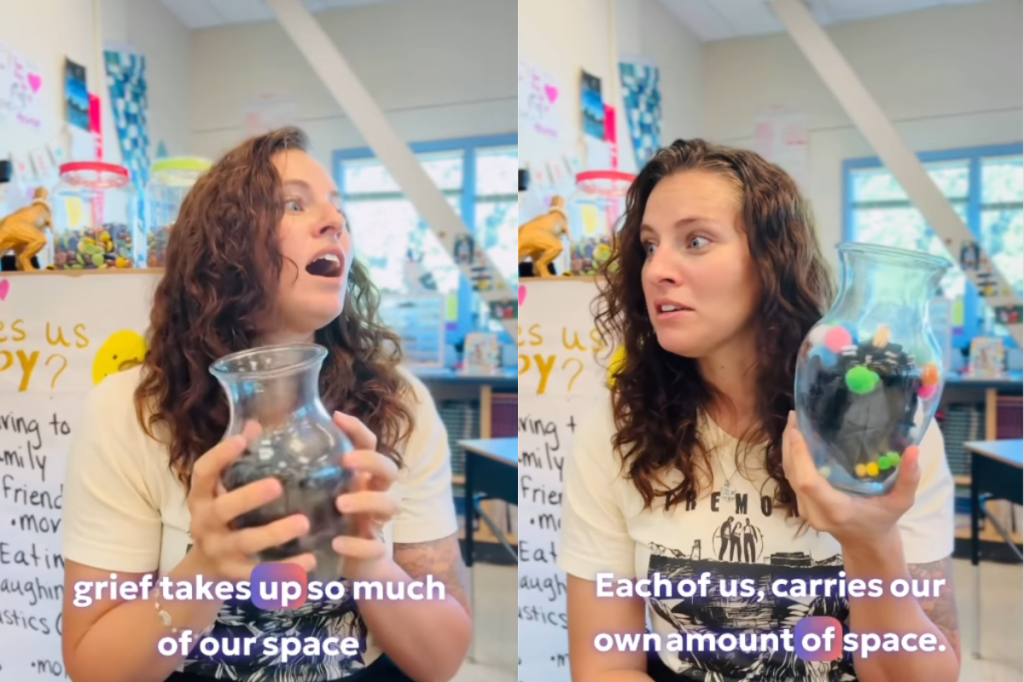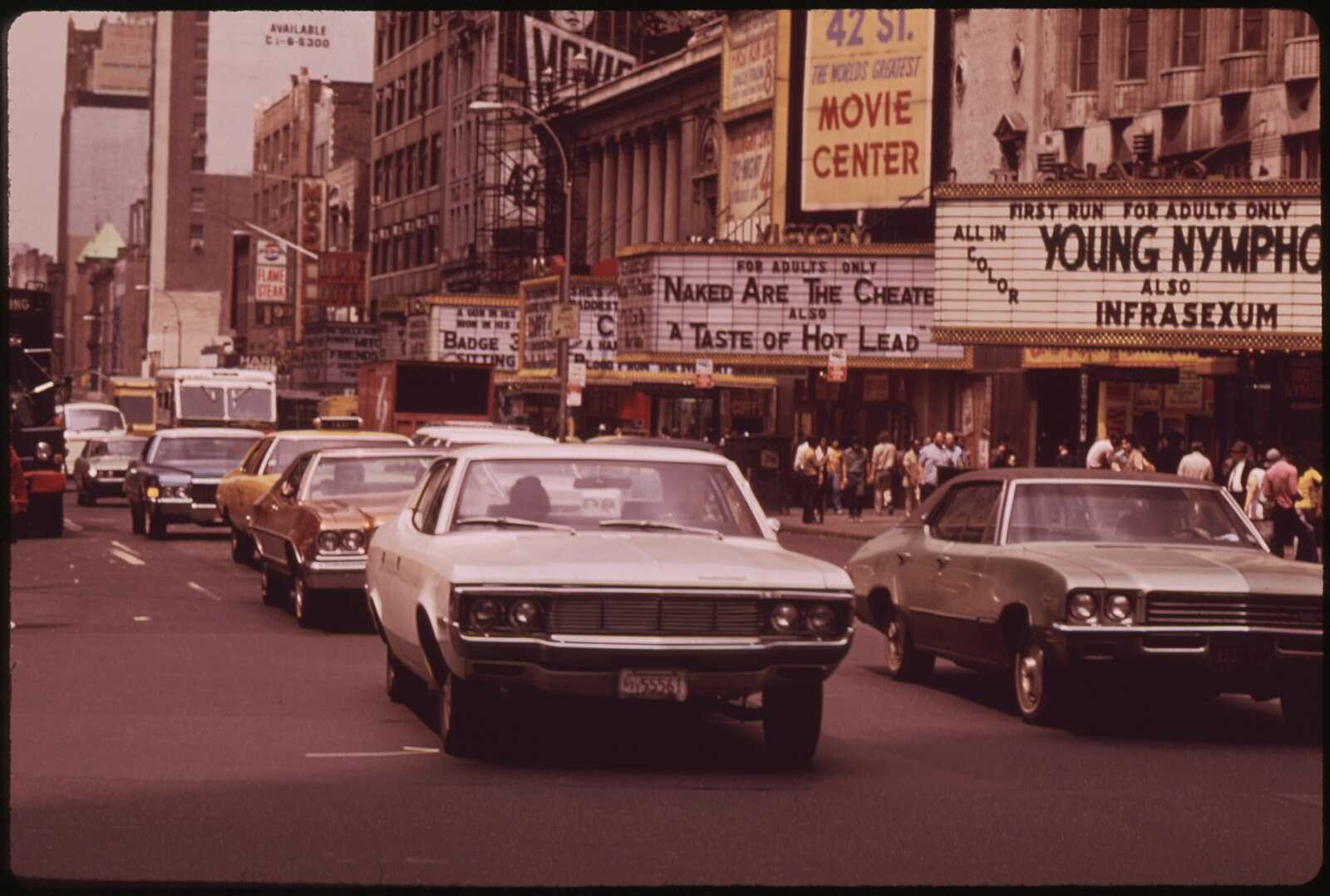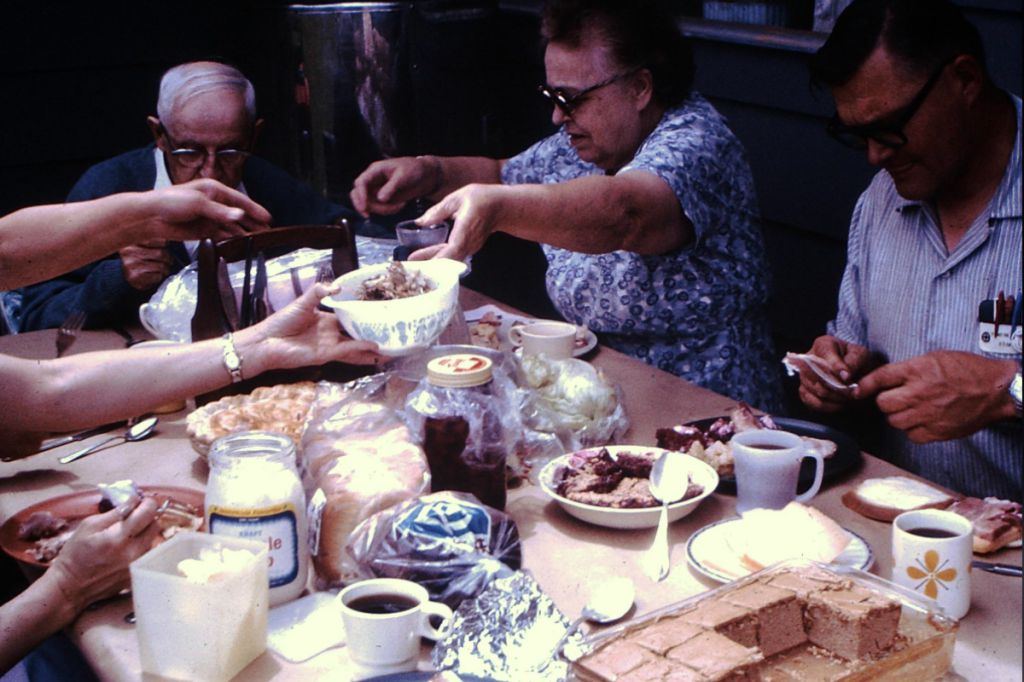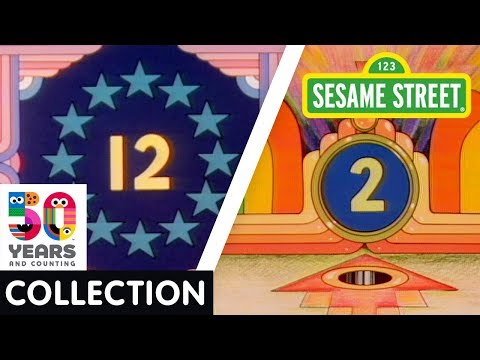Parenting is as old as time, but there’s never been a time in history when we’ve talked about it more. If you go into any bookstore, you’ll find shelf after shelf filled with books about how to raise your kids. If you have questions about any element of parenting, there are countless websites and online groups you can consult.
And yet, most of us still go into it unaware of the reality of it, because let’s face it, there’s no way to adequately prepare for parenthood. No matter what you picture it being like going in, parenting will yank that image right out of your head, smash it into the ground and grind its heel right into the heart of it.
Okay, that’s a bit dramatic. But only a bit.
Parenting is the hardest, most rewarding job on earth—a thrill ride that takes you on the highest highs and plunges you to the lowest lows.
Up and down you go, over and over again, sometimes squealing with delight, sometimes thinking you might puke and sometimes screaming “Stop the ride, I wanna get off!”
While it’s not possible to truly prepare, it’s good to hear from experienced parents what you might expect. Every kid, every parent, every family is different, but there are some near-universal things that people really should know going in.
A user on Reddit asked, “What is something nobody warns people about enough when it comes to having kids,” and the answers didn’t disappoint. Here are some highlights:
You have less control over how your kids turn out than you think.
“There’s a very good chance they won’t turn out like you think,” wrote one commenter. That’s not to say that you have no influence whatsoever, but each kid is their own unique person with their own individuality, and they also change as they grow. If you’re too attached to an idea of how they should be, you may not fully appreciate who they are.
“People seem to often forget that they’re raising people,” shared another commenter, “as in, independent-thinking individuals whose actions, values, personalities, interests, and capabilities will potentially be completely unlike yours. I’ve seen a lot of parents struggle hard with that, and frankly, that’s a possibility you should have made your peace with before you became a parent, imo.”
Another person added:
“This is why many parent/child relationships are so strained. Many parents have a child thinking they are programming a perfect human being. Many are disappointed when the child is not the exact person they hoped (or worse, the polar opposite). Perfectly normal children grow into resentful, tired adults because of their parents’ unrealistic expectations that have nothing to do with them.”
The books aren’t all that helpful.

We all want to look to “the experts” when raising our kids, and some things we find in parenting books can be marginally helpful. But they certainly aren’t the be-all-end-all of good parenting.
“The books are fine for ideas, your experience, friends thoughts, paediatricians, therapists,” wrote one commenter. “But at the end of it all you have this complicated little person you’re in charge of with their own preferences, feelings, insecurities, abilities, and you have to do what works for them and your family and, of course, also raise someone who isn’t a blight on humanity or menace to society.”
Another wrote:
“As my mum says: ‘The kid hasn’t read the book.’
“Her parents tried to do everything by the book with her and she hated it. She was supposed to have pigtails, wear dresses, learn piano and not go climb trees and play soccer/football. She saved pocket money to get her hair cut short and her dad almost hit her for it. Did she stop pushing to be herself? Nope. She is a strong woman, but boy, does she have some scars on her soul.
“With her own three kids she watched what interests they developed and then helped them explore it further and to not forget to keep an open mind about other possible hobbies, sports, arts etc. I have no idea how to thank her properly for this.”
It doesn’t go by fast—until suddenly it does.

“The days are loooong and the years are so very short,” wrote one person. It’s true. When you’re in the thick of parenting and someone tells you how fast it goes, you might feel like strangling them. But then you look at your child who has changed so much and it does feel fast in hindsight.
“I’ve heard older people say this or the equivalent all my life,” wrote another. “I always thought I understood. And then I had children. Now I understand. I keep looking at my kids and can’t believe how much time has passed. I’ll look at them doing something new and just be amazed. Seems like yesterday that my youngest couldn’t lift her own head and now she’s doing tuck rolls across the house.”
“This is it!” shared a parent of young adults. “Mine are 18, 19 & 20. Empty-nest syndrome is a REAL thing. I always look back and think… How the hell did it go by so quick? I used to roll my eyes at people who would say stuff like this when they had 3 different practices, in 3 different places at the same time. It really goes by so quickly.”
Your time—and sleep—are no longer yours.

When they’re babies, they wake up in the night for all kinds of reasons—to eat, to practice crawling, to say hi, to wail inconsolably for no explicable reason, and so on. When they’re older, they wake up because they need to go to the bathroom or a drink of water or they’re scared. Then, when they’re much older, they suddenly stay up late and want to have deep, heart-to-heart talks at 10 p.m. Most of us expect the baby sleep deprivation stage, but there are sleep disruptions throughout a child’s entire childhood.
“When they grow older, you don’t have a private life anymore,” wrote one commenter. “They stay awake longer than you.”
“Never thought of this. The later part of the evening is my time usually,” someone responded.
“Used to be my time as well,” shared another commenter. “Since becoming a parent, my time is 4-6am. One reason why you start waking up early once you’re older, probably.”
I have a young adult, a teen and an almost-teen, and I can attest to waking up extra early simply to have uninterrupted time to myself.
You will miss being able to think clearly.
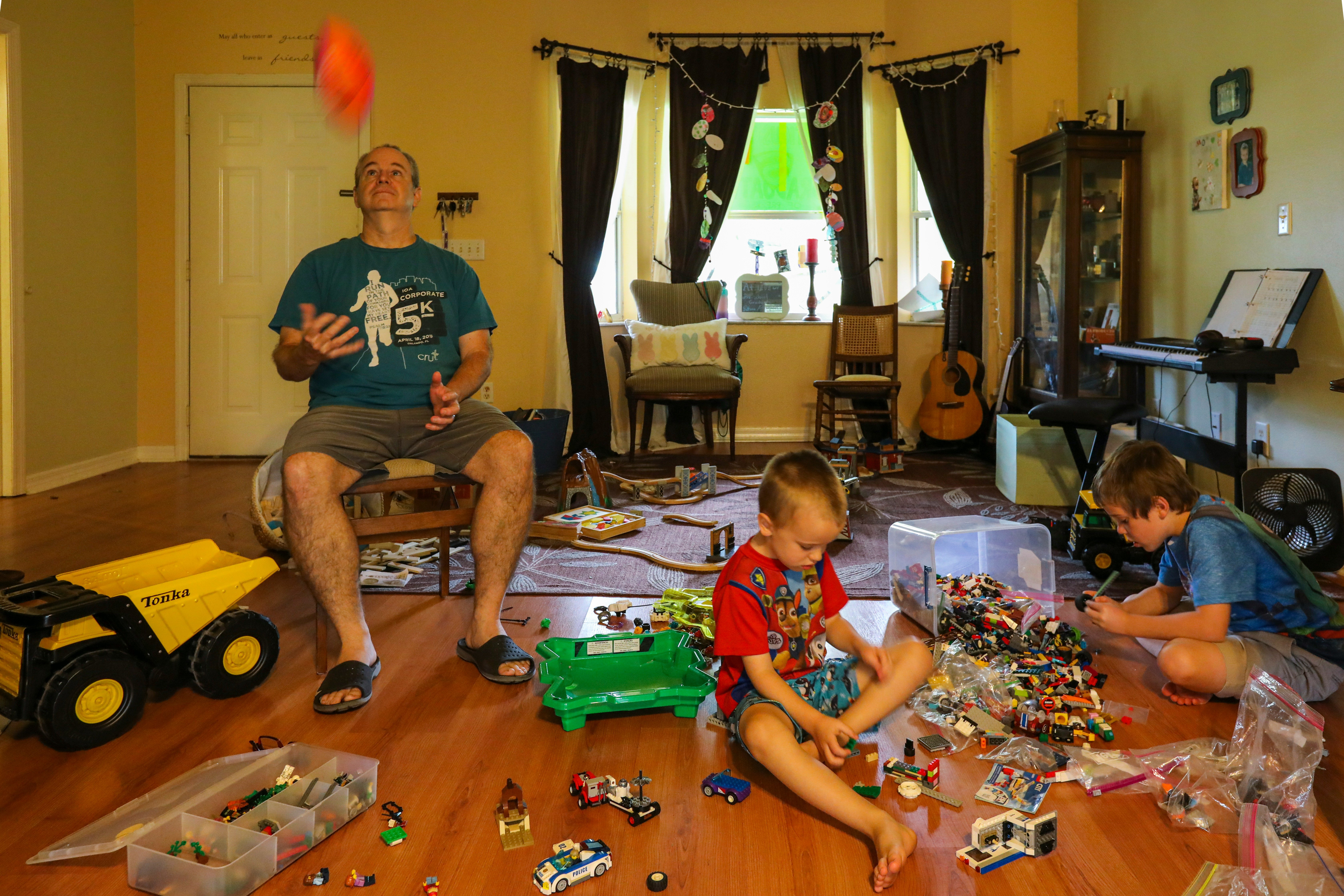
“For me, I stopped having a chance to think anything through without interruption,” wrote a commenter. “I had a very hard time with that. I couldn’t remember anything, couldn’t make decisions, etc because every thought seemed to get interrupted.
“I’d just sit in my car alone sometimes so I could think.”
Ah, the beautiful, quiet solitude of the car. Every mother I know enjoys a good “car bath” once in a while.
“I am so glad somebody said this,” someone responded. “I was starting to worry I was getting early onset dementia, because my mind just feels like mush all the time. I can’t remember things, I start sentences and can’t finish them, I forget common words….my mind rarely gets to switch off because someone is always interacting with me or calling my name.”
Part of the brain mush is because kids need things all the time. And part of it is that you now have an entire other person’s life (multiplied by however many kids you have) to think about. Their health and well-being, their education, their emotional state, their character—it’s a lot. So much more than you can really imagine until you’re in it.
Take advantage of the middle years.
“How important the years between 7 and 12 are for building a bond (one that lasts into the teenage years),” wrote a commenter. “They are so hard to listen to at that age with all the starts and stops in conversation and they talk about the most boring thing’s BUT it is so important to listen and converse at those ages. They will grow into teenagers that will talk to you, and be fun to talk to, but only if you can get through long boring conversations about Minecraft or whatever thing they are currently into.”
Having teens and young adults, I have seen the truth of this advice play out. If you want your teens to talk to you, you have to listen well before they get to that age.
Another user shared what it meant to them when their mother did just that:
“I can remember being about 12 and wanting to share my biggest interest at the time with my mom, that being Bionicle, by reading to her all the books I had been collecting with my allowance. Sometimes she would involuntarily fall asleep, but my God she tried so hard to show an interest. I really didn’t appreciate it at the time, focused on all the times she yawned or fell asleep, but now (16 years later) we both remember it fondly as the bonding time it really was.”
And another shared just the opposite:
“My god, what an amazing mom you have. I vividly remember coming home from school around 12-13 yo, super excited to tell my mom all about my day, and she’s sitting there reading her book, as always. No problem, I’m just telling her my stories while she’s reading. Then that one time, I wondered is she actually listening? So I stopped mid-sentence and she didn’t notice. I remember my heart just sank, and after that I never told her anything ever again. I don’t think she noticed.”
Diapering a doll isn’t going to prepare you for wrangling a baby.

“Practicing diapers on a doll doesn’t count,” wrote one commenter. “You’re ready when you can do it on a cat.”
HA. So true. Others shared their diaper wrangling woes as well:
“My first daughter was patient and would just let us change her. My second daughter wants nothing more than to roll over and crawl away. There’s nowhere for her to go but she wants to go anyway.”
“It’s like, I am physically orders of magnitude stronger than her, how the hell does she still win?”
“My daughter has just perfected the alligator death roll technique when she doesn’t want to be changed or put pants on lmao. And because she’s 2 and a bit she laughs the whole time cause it’s hilarious.”
Don’t even get me started on trying to get an unwilling jellyfish toddler buckled into a carseat.
All parents are winging it.
“I stupidly thought once I had a child I would automatically ‘know’ how to parent,” wrote one commenter. “You’re the same dummy before and after having a child, and you realize how much your parents were winging it.”
“Leaving the hospital with that tiny fragile little being was terrifying,” wrote another. “C-section delivery so they kept us a couple days longer. Lots of help from the amazing maternity ward, to the moment you realize you and your spouse are alone and now solely responsible for keeping this little baby alive.”
“Yeah, it’s like: “We can just leave? WITH the baby? Who approved this?” added another.
“The panicked looks my husband and I exchanged the first time we were left alone with our newborn will live forever in my mind,” wrote yet another.
It really is surreal that you’re just, like, handed a newborn baby and that’s it. A whole life in your hands, and you’re supposed to just figure out what to do with it. Good luck!
The relentlessness is real.
“Nothing prepared me for the sheer ‘unrelentingness’ of parenting,” shared one parent. “Every day for many years has to be finished with a dinner/bath/bed routine that takes two hours, regardless of how tired, upset or unwell you are. Difficult enough if you’ve been at work all day, yes. But also if you’re on holidays and got a little bit sunburnt, or been to a family wedding and overeaten, or spent the day assembling Ikea furniture and are just exhausted.
“As a childless adult you could occasionally say ‘I’m just having takeaway tonight’, and flop in front of the TV until bedtime. As a parent, that’s not an option.”
This is a truth that’s hard to fathom but oh so real. Parenting never ends. You don’t ever really get a break, even when you’re lucky enough to kind of get a break. Your kids’ well-being is always on your mind, even when you’re not with them.
And it doesn’t end at 18, either. Many commenters talked about how parenting is forever. You worry about your adult kids, too, just in a different way than when they were young and you were fully responsible for raising them. 
This list might lead people to believe that parenting sucks, but it doesn’t. I mean, sometimes it can, but that’s true of anything in life. If you’re fortunate and put in your best effort, the joy and fulfilment of parenting hopefully outweighs the hard parts. Getting a realistic picture of what it entails—both the delights and the challenges—can help people temper their expectations and take the roller coaster of parenting as it comes.
This article originally appeared on 11.22.21






